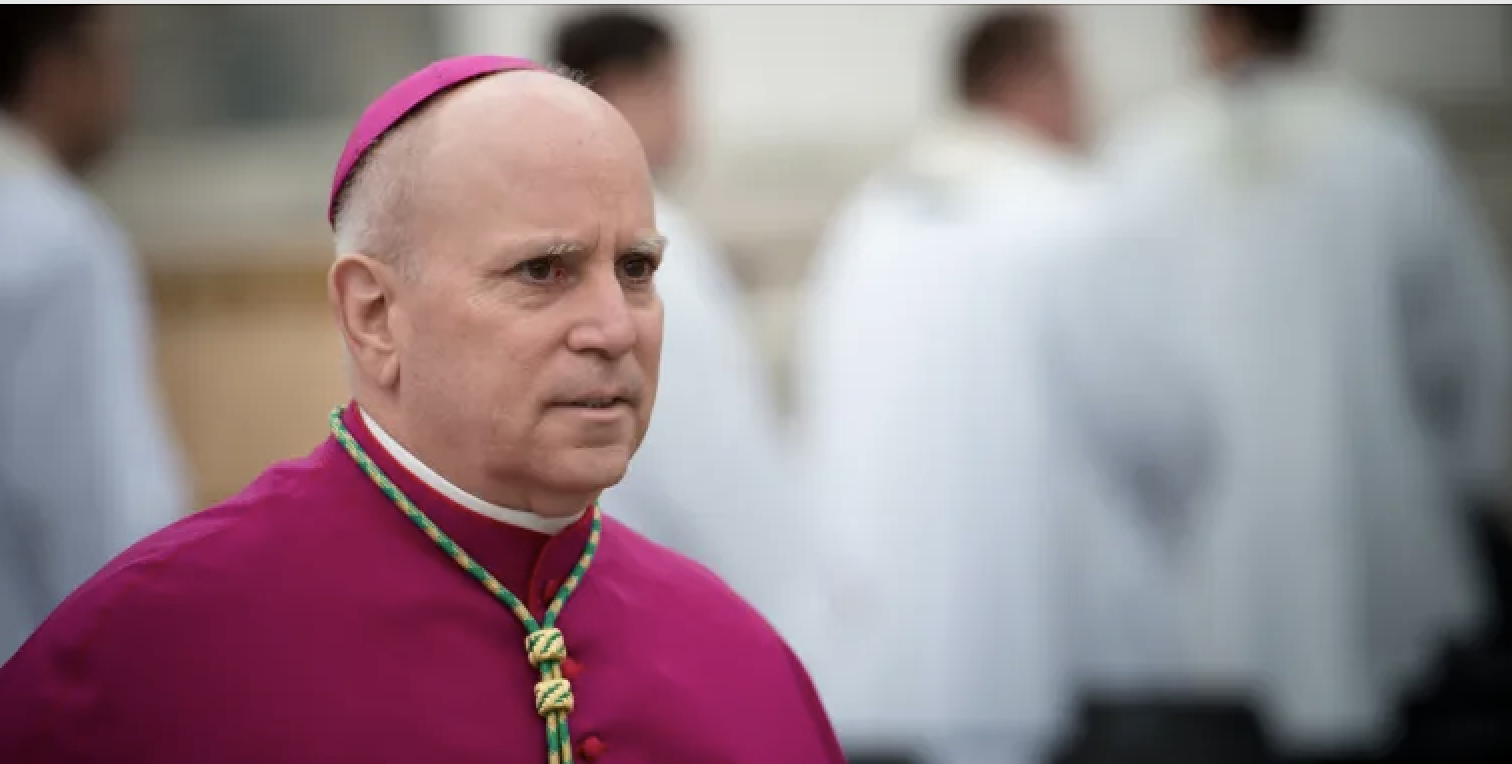
In our time at Horowitz Law, we’ve become quite adept at navigating the complex terrain of abuse lawsuits. We’ve encountered just about every form of rationale, technicality, and excuse institutions have employed in litigation. Rarely do we come across a claim that genuinely startles us. Then came a statement from Archbishop Samuel Aquila of the Archdiocese of Denver that did just that.
The Unsettling Statement
It’s somewhat accepted that Catholic officials often provide guidance on various subjects, such as marriage, despite not personally engaging in these practices. For example, bishops cannot get married, nor can their priests. Still, they often give ‘do’s’ and ‘don’ts’ to married couples. At Horowitz Law, we generally view this as part of the religious directive to offer counsel and direction. However, Archbishop Aquila’s recent assertion far exceeds typical advisory bounds.
“More Harm Than Good”
When victims of horrific childhood sexual abuse file lawsuits, the archbishop claims the result is always ‘more harm than good.’ That’s no misprint: Aquila says abuse lawsuits ALWAYS cause “more harm than good.” This sweeping, unqualified statement is shocking, especially considering his prominent position within the Catholic community in Colorado. The declaration wasn’t made off the cuff but appeared in an officially sanctioned news release, demanding deep scrutiny. This is also the same archbishop who blames transgender equality for declining church attendance.
The Questions That Arise
Archbishop Aquila’s claim ignites a flurry of questions ranging from his personal experiences with abuse to the validity of his assertions across all abuse litigation. The breadth of his statement touches not just upon child abuse cases within the church but seems to implicate all manner of abuse litigation, even extending to high-profile cases like those of Harvey Weinstein and Bill Cosby. It begs the question: is Archbishop Aquila suggesting a complete overhaul of how our legal system handles abuse? Other questions that arise are:
- Is the archbishop a survivor of childhood sexual abuse?
- If so, has he filed a lawsuit against those who committed or concealed these crimes?
- If so, and his experience was negative, how does he know all survivors will have the same experience?
- If he hasn’t been abused and sued, where does his expertise come from on this topic?
- Has he done an international, national, or even statewide survey of victims?
- Does litigation do “more harm than good” to ALL victims of abuse, no matter who their perpetrators are or who they sue?
- Does he extend this claim to adult victims of jobs of abuse and sexual violence? For example, do all of the victims who sued Harvey Weinstein, Bill Cosby, and other high-profile offenders look back now and say, “Geez, I wish I hadn’t done that. It really brought me – and society as a whole – “more harm than good?”
And if pursuing child molesters in civil court is always ‘more harm than good,’ is this also true of pursuing child molesters in criminal courts?
Maybe Aquila thinks we should do away with all civil litigation, period. After all, why would a child sex abuse lawsuit always be harmful, but a wrongful death, drunk driving, medical malpractice, or even a faulty repair lawsuit NOT always be harmful?
Cases That Challenge Aquila’s Assertion
Has Archbishop Aquila ever heard of Jeffrey Epstein? That serial predator escaped severe consequences in the criminal realm. But as civil lawsuits began piling up against him, prosecutors felt pressure, and Epstein ended up behind bars. The contention that civil litigation does more harm than good overlooks numerous instances where such actions have led to the prosecution and incarceration of predators. From Jeffrey Epstein to serial abusers within the church, civil lawsuits have often been the lever that pressured the judicial system into action.
The Impact Beyond the Abuse Cases
Civil litigation serves as a critical mechanism for ensuring accountability and rectifying injustices. To argue that it solely produces negative outcomes is to ignore the positive social and institutional changes it has helped foster. This is a narrative well-illustrated by cases against figures like Epstein and predator priests, where civil actions have precipitated wider systemic reforms.
According to SNAP, the Survivors Network of those Abused by Priests, this scenario has happened numerous times. The group notes that “Florida’s most notorious predator priest, Fr. Neil ‘Gus’ Doherty, pled no contest on January 14 (2013) to molesting kids. Police and prosecutors built a strong case against him, in part, because of evidence unearthed in more than 20 civil lawsuits against Doherty over the years.”
Civil litigation, the group notes, “has led to the arrests of other predators, including Fr. Bruce MacArthur, Fr. A. J. Cote, and Fr. Donald McGuire (the Jesuit who was once Mother Teresa’s confessor). It’s happened at least six times in California alone (with Fr. George Neville Rucker, Fr. Denis Lyons, Fr. Michael Wempe, Fr. Michael Baker, and Fr. Edward Anthony Rodrigue).”
Bishop Thomas Paprocki’s Similar Sentiment
Archbishop Aquila is not alone in his beliefs. Bishop Thomas Paprocki of Springfield, Illinois, maintained that the “free exercise of religion for Catholics” was “under attack” because of “excessive payouts” to victims of sexual abuse. He insisted such settlements weren’t punishing the proper individuals or institutions but rather “the average parishioner or donor whose financial contributions support the church.” However, this perspective seems to overlook the paramount need for accountability and healing for victims.
At the time, Paprocki added that the principal force behind the attacks against bishops and priests “is none other than the devil.” In another interview, Paprocki said his point wasn’t to blame victims nor to call the filing of such lawsuits “the work of the devil.” But Paprocki stuck to his position that if paying claims prevents the church from doing charity work, that would be “an evil thing.”
Reflecting on Decades of Crisis
As much as we wish it were different, the Catholic Church’s history of clergy sexual abuse and cover-up crisis is long-standing. It’s disappointing that after decades of revelations, some church leaders continue to resist acknowledging the necessity and benefit of victims seeking justice through litigation. We would have hoped that bishops would have come to accept the reality that countless victims of their predatory priests would file lawsuits and would find those suits beneficial to them and society at large. It’s telling – some would say tragic – that some prelates still refuse to do this. For more information on abuse and cover-up in the Denver Archdiocese, visit here.
Horowitz Law is a law firm representing victims and survivors of sexual abuse by religious authority figures and other clergy. If you need a lawyer because a member of a religious organization sexually abused you, contact us today at 888-283-9922 or [email protected] to discuss your options today. Our lawyers have decades of experience representing survivors of clergy sexual abuse nationwide. We can help.
